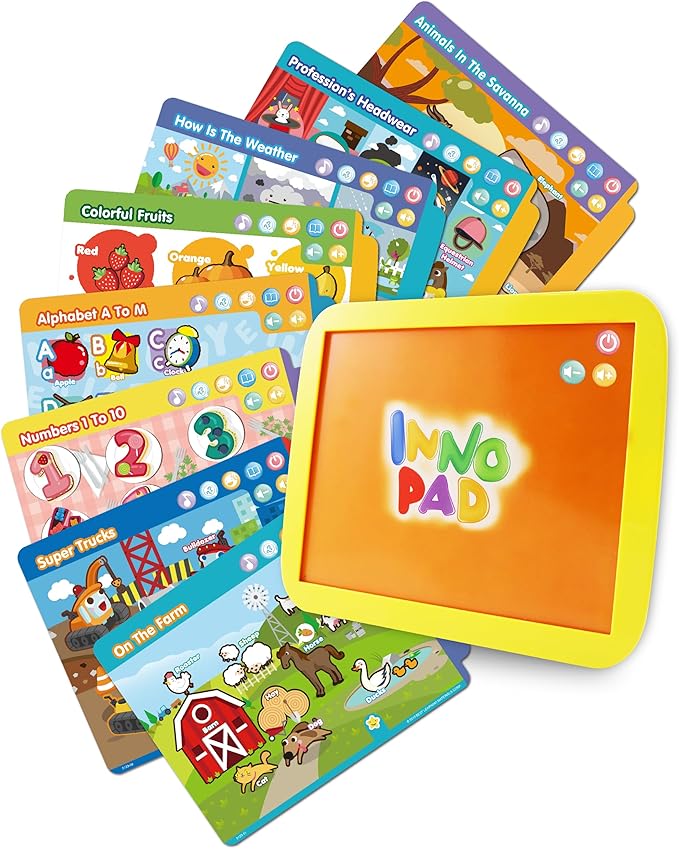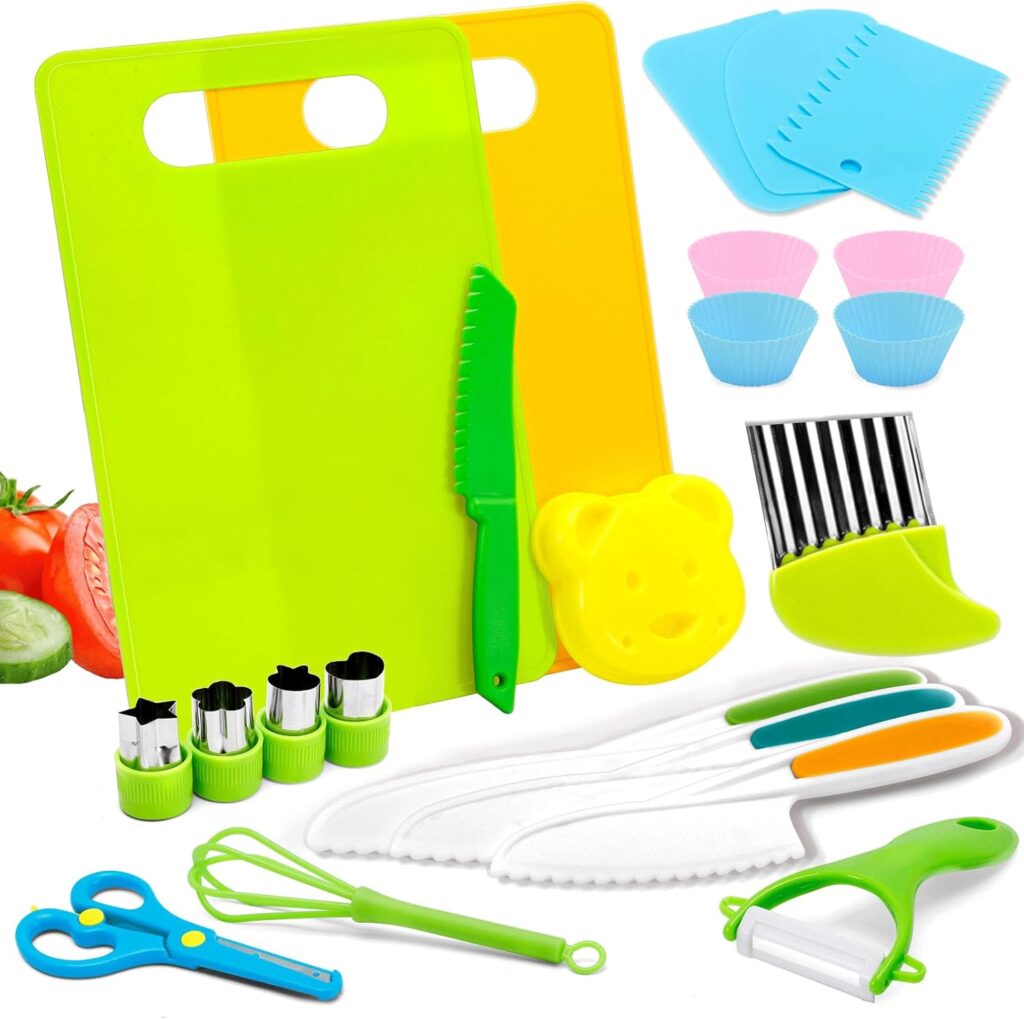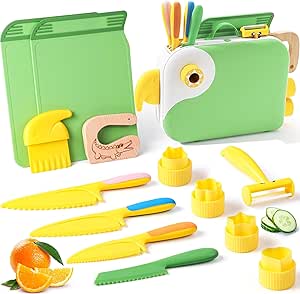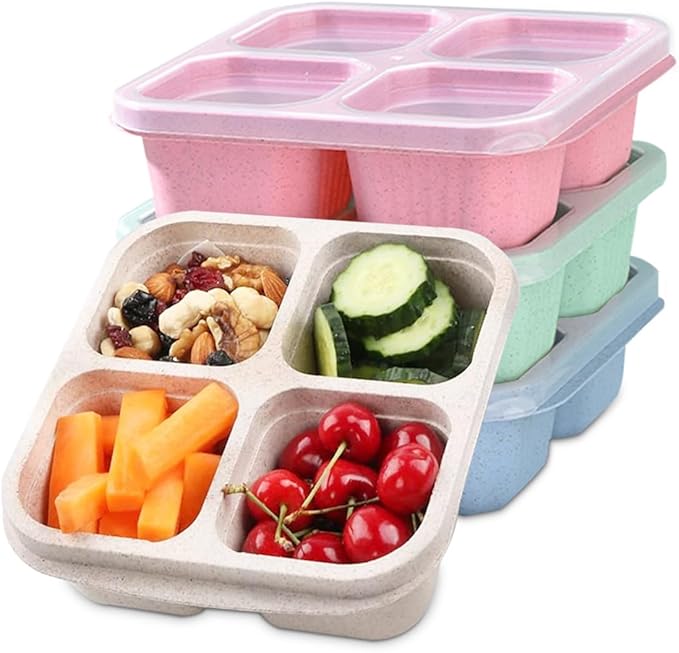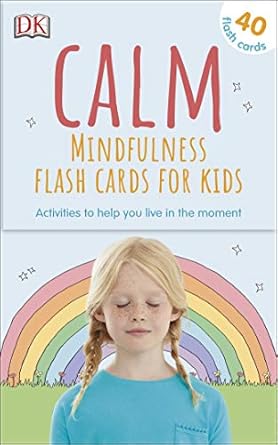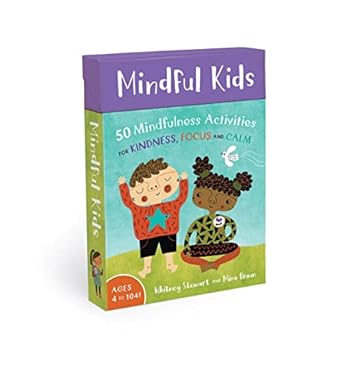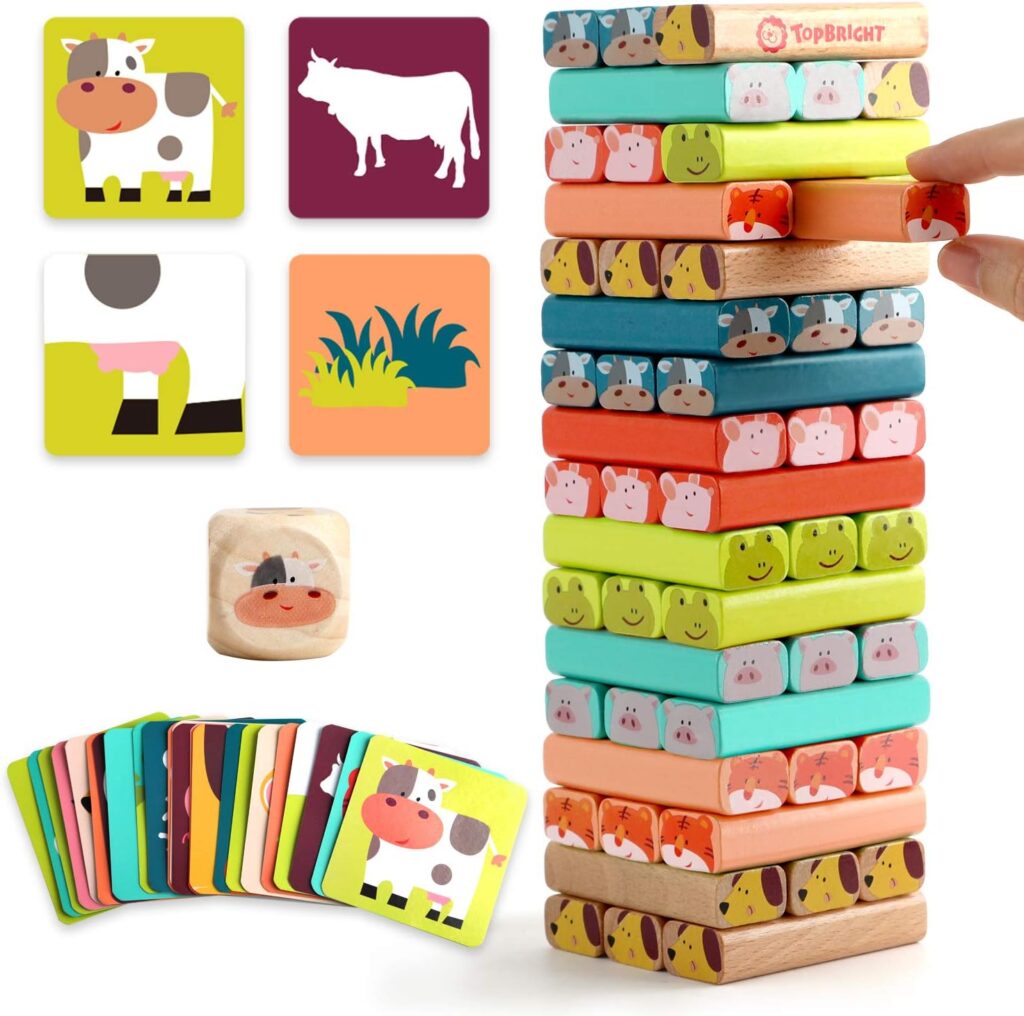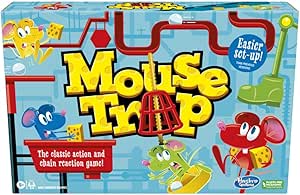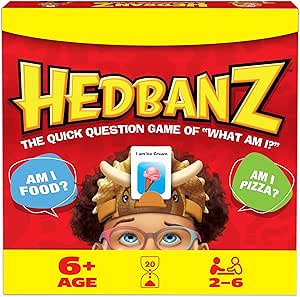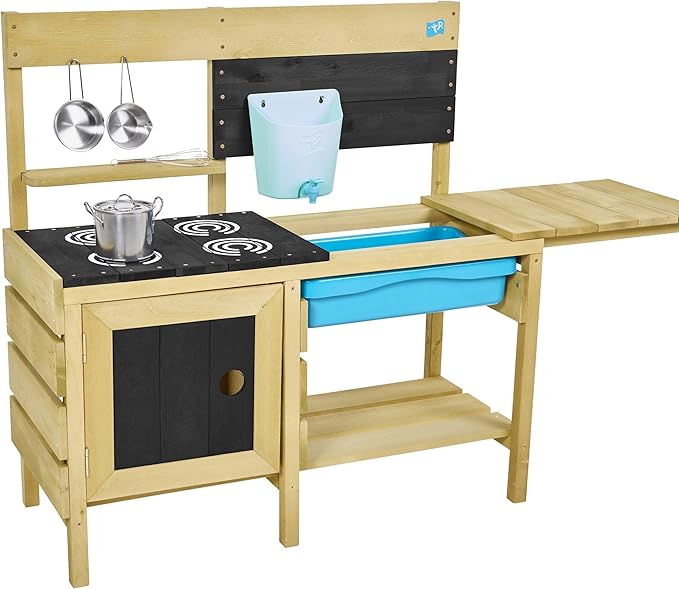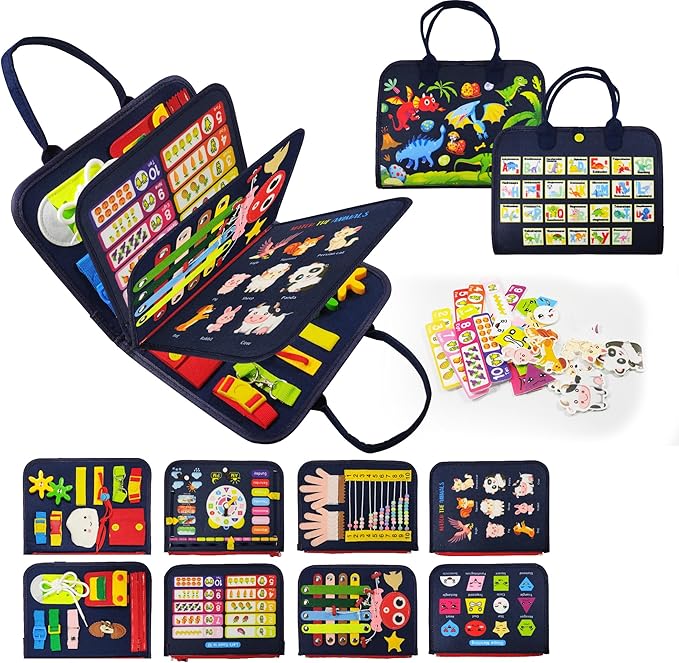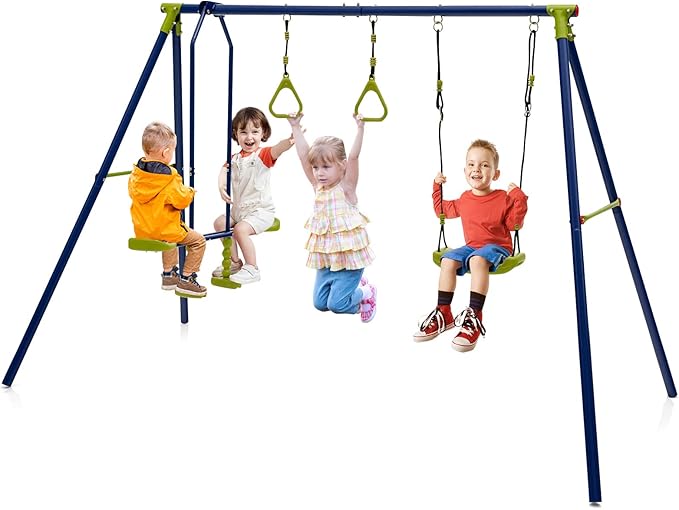Is Screen Really that Bad for Your Child?
Is screen really that bad for your child?
As a parent, you may feel guilty for letting your child spend time watching TV or playing online games. However, screens now feel like a staple of modern childhood. Cutting out all electronics is near on impossible.
Fortunately, in moderation and with appropriate boundaries, some screen time can be beneficial. That doesn’t mean that we don’t need to be cautious. There can be risks as well.
What are the benefits of screen time?
Technological advancement does bring benefits. There are ways that your child can use a screen that will help and support them.
Social Connection
The world is not like it was for our grandparents. Families are often spread out, and those who live locally have busier schedules.
Videocalls, emails and picture messages are a great way to help your child connect with extended family. Emails can be an exceptionally fun way for children to get reading practice in, whilst also communicating with loved ones.
Video games can also be a safe way for children to socialise after school, if they are unable to meet their friends in person.
Of course, it is better for children to meet each other face to face to forge deeper relationships.
Education
There are a multitude of ways that children can learn through interacting with a screen. IF your child loves playing online games, you can use that passion to support their learning. There are educational games teaching a huge range of skills, such as spelling, maths and languages.
There are also kids’ YouTube channels that are designed to encourage children to learn about the world around them. It is worth being cautious with YouTube, however. Not everything on there, even on the kids’ channel, is appropriate.
Technical skills
Technology is ever-present in our modern world. Allowing your child exposure to screens can help them become familiar with how different technological tools work. Raising tech-savvy children will set them up for success in school and later in work.
The risks associated with screen time
So, in moderation, the screen is not really as bad for your child as some may have you believe. That does not, unfortunately, mean that it is all good either. Spending time in front of a screen, can impact your child in negative ways, too.
It is important to be aware of the risks of the screen, so that you can support your child in using it safely and hopefully avoid some of the negative impacts of too much time in front of a device.
Dopamine addiction
Dopamine is the feel good chemical that is released when you acheive something. It is the brains reward system, and the hormone behind that satisfied feeling you get when you succeed.
Dopamine is also released when your child watches the screen. This is especially true with fast-paced video games, which trigger quick releases of dopamine over a short time. This can lead to a dopamine addiction. There is very little outside of video games that will offer the same amount of dopamine, in such a short time with so little effort. Therefore, your child may begin to feel like they need to be in front of a screen in order to regulate their emotions.
With dopamine coming so easily from gaming, the normal bursts of dopamine that are awarded by activities that take more effort can seem less appealing. You will often find that a child who is addicted to screen will lose interest in other activities.
Impact on sleep
Spending time looking at a screen can seriously impact the quality of your child’s sleep. The closer to bedtime that your child has screen time, the greater the impact.
Sleep is the foundation of both physical and mental health. Therefore, when sleep quality is impacted, the knock-on effects can be significant.
Slower emotional and social development
Children learn and develop through interaction with those around them. Although they can indeed learn from the screen, they learn a lot more when they connect with the key adults in their lives. Unfortunately, excessive screen time can limit the amount of social interactions that children have with the world and the people surrounding them. This, in turn, can slow down their social and emotional development.
How to set healthy boundaries with the screen
Saying, ‘allow moderate use of screen’, is all very well, but in the day-to-day moments, it can be hard to work out. Some families set a timer, whilst others try to switch the TV off periodically.
What amounts to ‘moderate’ changes from family to family, also.
What is right for your family will be different from another family, but here are a few ideas to get you started.
No Screen for an hour before bed
We have already discussed the adverse impact of screens on sleep. Screen time close to bedtime can cause insomnia or restless sleep. Try switching the TV and other devices off at least an hour before your child goes to bed.
Instead, offer some quieter activities such as colouring or playing with Lego.
It is generally advised not to allow your child to have devices such as phones and tablets in their rooms.
Incentivise other activities
Rather than fighting with your child to switch off the screen, you can switch the focus and try to incentivise them to do other activities. Perhaps have a drawing competition, or let them earn a little pocket money for helping you around the house.
Often, when your child is engaged in an activity off the screen, you will find that they will get locked in and not think about the screen for a while.
Try to ensure that other activities are easily accessible. Sometimes, creating spaces for games, crafts, and fun can make them seem more appealing. For example, a reading corner with cushions, blankets and cuddly toys may make reading more fun.
No screen before chores
You probably know from personal experience that after a session binge binge-watching a show or half an hour scrolling on your phone, your motivation is probably pretty low. It is a lot harder to tear yourself away from a screen to get things done than to do them before you sit down.
Encourage your children to do chores and homework before screentime. If they enjoy watching or playing screen, this can be a great motivator for them to get things done.
No screens at meal times
Eating together is an important way to bond as a family. Therefore, it is imperative to ensure that your children are not disconnected due to screens during meal times.
This may seem hard when you go out to a restaurant. It can feel like the eyes of all the other tables are on you, and keeping your child quiet can become a desperate need. However, going out for a meal should be a social occasion, and by letting your child sit and watch a tablet, they are missing out on that.
There are many other things that you can take to entertain your child. Try to choose things that the whole table can engage in. Perhaps take a joke book, or some colouring. Card games or travel board games are great options, too.
Don’t be afraid to switch it off
It is important to teach your child the connection between responsibility and privilege. Watching or playing a screen is not a human right or a necessity. Rather, it is a privilege, and if your child is allowed it, it is important that they understand how to manage it responsibly.
Different families may have different expectations about how their children enjoy screens. Some expectations that are good to begin with are, switch the screen off when asked, while you are playing, you still respond to and respect people around you, and you do not lose your temper when you lose a game.
If your child is finding it difficult to carry the responsibilities, do not be afraid to switch the screen off. Sometimes a few days without technology can help your child to reset and engage in other activities.
Model what you want to see
Children learn through watching those around them. All observations are not equal, and they will learn more from watching those whom they look up to and respect the most, usually their parents.
You teach a lot to your child through the example that you provide.
What you do, therefore, and how you interact with screen can influence how they interact with screen. Setting a good example is not easy. So much of life nowadays is filtered through our phones, and even with the best intentions, it is natural that we spend more time looking at them than we may like. Try when possible, however, to put your phone on the side. Use it as a tool to support you, rather than something to hide behind.
Work through the discomfort
As a busy parent, it is normal to feel a little reliant on your child’s screen time. After all, that is the activity which will keep them the quietest, and requires the least supervision.
Truthfully, the first few times that you switch off your child’s screens will be uncomfortable. They may struggle to entertain themselves and begin coming to you complaining of boredom. After a while though, they will entertain themselves.
Being allowed to experience boredom is actually healthy for children and can encourage them to use their imaginations and initiative to entertain themselves.
A final note
To conclude, screens can be beneficial when used wisely and in moderation. It is important, however, to ensure that your child has the opportunity to engage with the world in person and form face-to-face relationships. This will support your child’s development and build up their self-esteem.
Managing screens will not be easy, especially in today’s world, but it is worth the effort.
I wish you all the peace,
Hannah Louise
References
Arshad, Daneyal, et al. “The Adverse Impact of Excessive Smartphone Screen-Time on Sleep Quality among Young Adults: A Prospective Cohort.” Sleep Science, vol. 14, no. 4, 2021, pmc.ncbi.nlm.nih.gov/articles/PMC8776263/, https://doi.org/10.5935/1984-0063.20200114.
Cleveland Clinic. “Dopamine.” Cleveland Clinic, 23 Mar. 2022, my.clevelandclinic.org/health/articles/22581-dopamine.
Febres, Daniela. “Face-To-Face vs. Screen-To-Screen Communication: A Comparison | Atlantic International University.” Atlantic International University, 24 Oct. 2024, www.aiu.edu/blog/face-to-face-vs-screen-to-screen-communication-a-comparison/.
McMahon, Liv. “Screen Time in Bed Linked to Worse Sleep, Study Finds.” BBC News, 1 Apr. 2025, www.bbc.co.uk/news/articles/cz79jpxzev5o.
Muppalla, Sudheer Kumar, et al. “Effects of Excessive Screen Time on Child Development: An Updated Review and Strategies for Management.” National Library of Medicine, Cureus, 18 June 2023, pmc.ncbi.nlm.nih.gov/articles/PMC10353947/.
“The Dopamine Dilemma: Screen Time Addiction and the Developing Brain | One Education.” One Education, 6 May 2025, www.oneeducation.co.uk/the-dopamine-dilemma-screen-time-addiction-and-the-developing-brain/.
Yousef, Ahmed Mohamed Fahmy, et al. “Demystifying the New Dilemma of Brain Rot in the Digital Era: A Review.” Brain Sciences, vol. 15, no. 3, 7 Mar. 2025, www.mdpi.com/2076-3425/15/3/283, https://doi.org/10.3390/brainsci15030283.
Please note, this article contains affiliate links and the author may earn commission on any purchases made via the links

